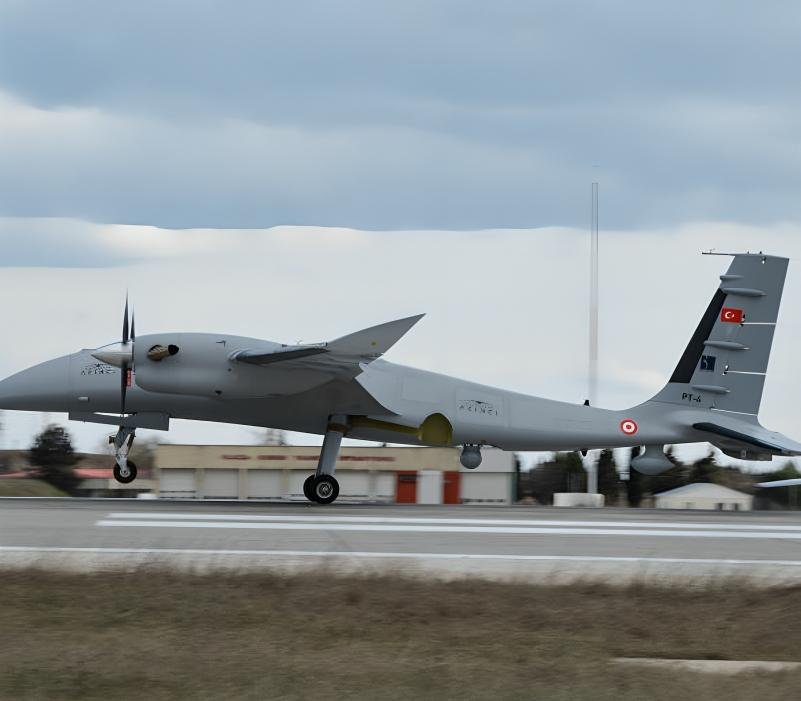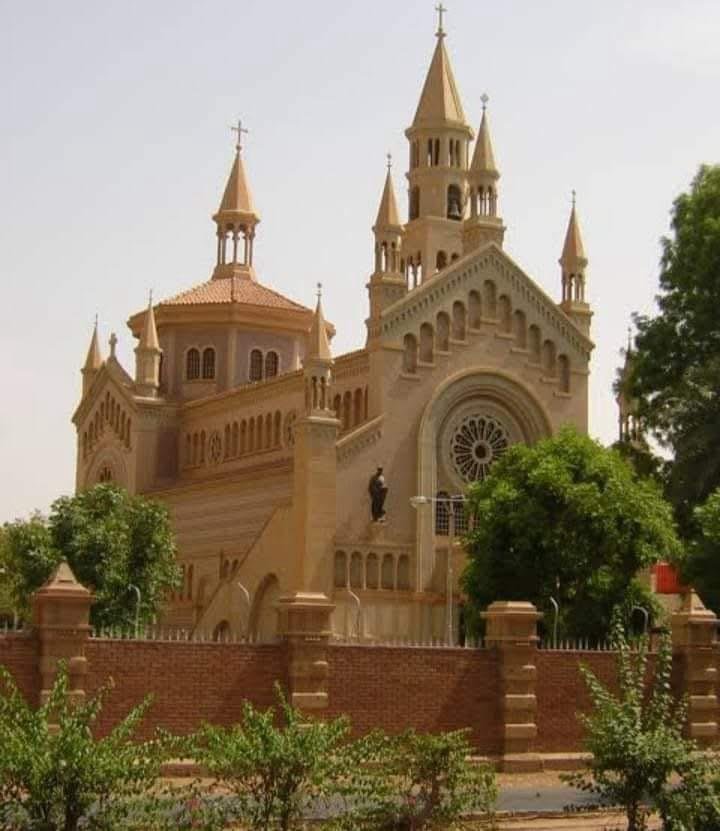Report: SPT
Since the outbreak of war in Sudan on April 15, 2023, gold has ceased to be merely an economic resource—it has become a pivotal driver of the conflict. As millions are displaced, thousands killed, and famine threatens the lives of countless civilians, government forces and armed militias are locked in a fierce struggle for control of gold mines, which now serve as the primary source of financing for military operations and securing political loyalties.
Sudan ranks as Africa’s third-largest gold producer, trailing only South Africa and Ghana. Yet, this wealth does not bolster state coffers or fund development projects. Instead, it is looted and funneled into the pockets of warring factions, amid institutional collapse and systemic corruption.
Despite the mining sector’s expansive activity, precise production figures remain elusive. According to miners and government officials, the majority of Sudan’s extracted gold is smuggled out of the country, evading official oversight and financial transparency.
Production and Military Control
Since the outbreak of war in Sudan, eight states have fallen out of the gold production cycle, leaving only six—those that were active before the conflict—still producing. The most prominent of these are River Nile, Northern, and Red Sea states.
Areas such as Gabgaba in River Nile, Delgo in the Northern State, and the highlands and coastal zones of the Red Sea are considered Sudan’s most productive gold regions. These zones rely heavily on artisanal mining, which, according to official reports, accounts for more than 80% of the country’s total gold output. Tens of thousands of small-scale miners operate in this largely informal sector. In contrast, companies with official concessions produce only about 20% of the total volume.
Several foreign firms are active in Sudan’s gold sector, but Russian companies stand out as dominant players.
According to informed sources within the mining industry, the Sudanese military controls the majority of gold production—either through direct extraction or by purchasing gold from artisanal miners, leveraging its authority over the printing of currency to finance these operations with little oversight. The army also controls the revenues of the Sudanese Mineral Resources Company, the official government body responsible for licensing and taxing mining activity.
In addition, Ariab Mining Company, the largest state-owned mining firm in Sudan, operates under military supervision. Official sources in Port Sudan report that the company’s revenues are transferred to foreign bank accounts, raising serious concerns about financial transparency and the diversion of public wealth.
How Gold Fuels the War?
In February, Mohamed Tahir Omar, Director of the Sudanese Mineral Resources Company —the regulatory arm of the Ministry of Minerals — stated in a press briefing that Sudan’s gold production for 2024 reached 64 tons, generating revenues of $1.7 billion.
His remarks were met with widespread concern among stakeholders in the gold sector, due to the vast discrepancy between the reported production volume and the actual revenues received by the state. Omar added that 52% of the country’s gold is smuggled abroad through unofficial channels.
However, according to sources within the Ministry of Minerals, who spoke to “Sudan Peace Tracker” on condition of anonymity, the ministry’s internal estimates place actual gold production in 2024 at approximately 85 tons. Of this, 50 tons were reportedly exported by the Sudan Armed Forces (SAF) outside official frameworks, generating revenues exceeding $4 billion.
A security source in Port Sudan reported that most of these funds are used to procure drones, weapons, and ammunition, in addition to financing political loyalties, media operations, and foreign lobbying efforts.
The source confirmed that the military exports its gold to Egypt, where it has established a company called Al-Afriqiya, overseen by the Director of Military Manufacturing, Lieutenant General Mirghani Idriss. The company is reportedly managed by Sudanese businessmen closely tied to the military establishment.
Meanwhile, Finance Minister Jibril Ibrahim stated in a televised address last February that officials in a neighboring country – in reference to Egypt – informed him during his visit that they had acquired 48 tons of Sudanese gold in 2024.
In a related development, Ihab Wassef, Chairman of the Gold and Precious Metals Division at Egypt’s Chamber of Metallurgical Industries, announced in a statement issued on May 16 that Egypt’s gold and gold jewelry exports reached $3.2 billion in the first quarter of 2025 – the highest quarterly value in the country’s history.
Victims of Gold
The Sudanese people are the biggest losers from this wealth, not only because these vast riches fill the pockets of generals instead of reaching public coffers, where they could translate into development, livelihoods, healthcare, and education; not only because they fund a war that has forced over 10 million Sudanese into displacement and seeking refuge, with famine spreading across vast regions- but also due to environmental disasters and the surge in cancer cases in gold-mining areas. This stems from the use of hazardous chemicals like mercury and cyanide in traditional, artisanal gold extraction, which has contaminated soil and water sources.
A resident of Nile State told us that nine members of his extended family, which numbers 24 people, have developed cancer due to living near traditional mining areas.
According to a source from Sudan’s General Geological Research Authority who spoke to Sudan Peace Tracker, around 48 companies were involved in importing chemicals, particularly cyanide, but most have ceased operations. Now, Maadin, a company affiliated with the Sudanese military, holds a near monopoly over the import of these substances into the country.
The source added that cyanide was previously imported from China and India, noting that “before the war, the military brought in a massive shipment from China.”
A gold trading company owner in Port Sudan told us that mercury is smuggled from Niger and Mali across the Libyan border: “After the war, it began entering through Darfuri armed groups that were stationed on the Libyan border and are active in smuggling contraband and people.”
The Geological Research Authority source confirmed that the military is now considered the “primary and sole supplier of these dangerous chemicals.”
Sudan’s Gold: Between Plunder and Peace
Sudan’s gold reserves, once seen as a beacon of hope for national prosperity, have tragically become a “curse” fueling ongoing conflict. As illicit gold trade revenues continue to flow, significant resources are channeled into purchasing weapons and recruiting fighters, prolonging the war and undermining any peace efforts. Without strict international controls over Sudan’s gold trade and sanctions imposed on companies and entities involved in smuggling, the war will persist, and civilians will continue to bear the cost.




